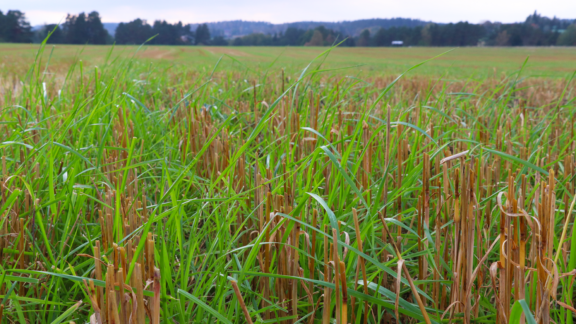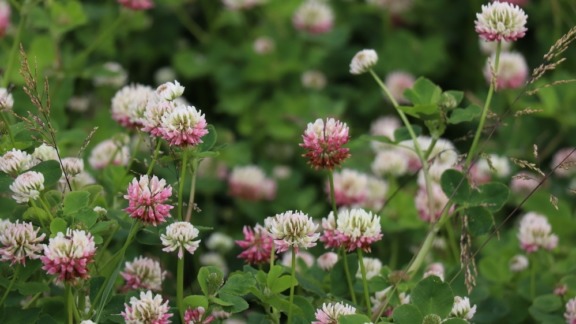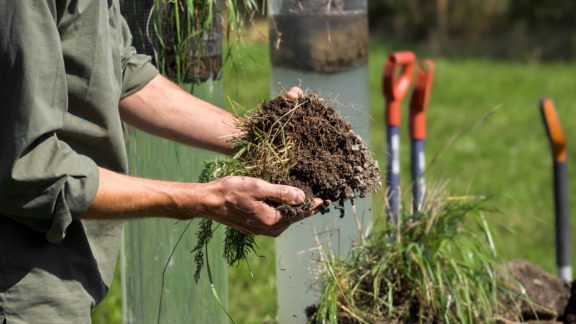Decomposition of different mycorrhizal fungi affect soil carbon cycle
Article: Mycelium chemistry differs markedly between ectomycorrhizal and arbuscular mycorrhizal fungi
Authors: Huang, Weilin et al.
Journal: Communications biology
Year: 2022
The soil carbon cycle is a critically important process for both ecosystem functioning and mitigation of climate change. A major knowledge gap in this field is the belowground influxes of carbon, and how they contribute to stable carbon pools. The chemical quality of soil carbon inputs is a major factor controlling litter decomposition and soil carbon dynamics.
Mycorrhizal fungi live in symbiosis with plants, forming a symbiotic association called mycorrhiza with the plant roots. Mycorrhizal fungi constitute one of the dominant pools of soil microbial carbon, but their litter quality is understood poorly, which leads to major uncertainties in estimating soil carbon dynamics.
The study examined litter decomposability of arbuscular mycorrhizal and ectomycorrhizal fungal species using samples obtained from in vitro cultivation. The results showed that the chemical composition of the two fungal mycelium differs significantly.
The results imply that the differences in decomposition of mycorrhizal fungal types represent a critically important driver of the soil carbon cycle, which could be as vital as is recognized for differences among aboveground plant litter.



